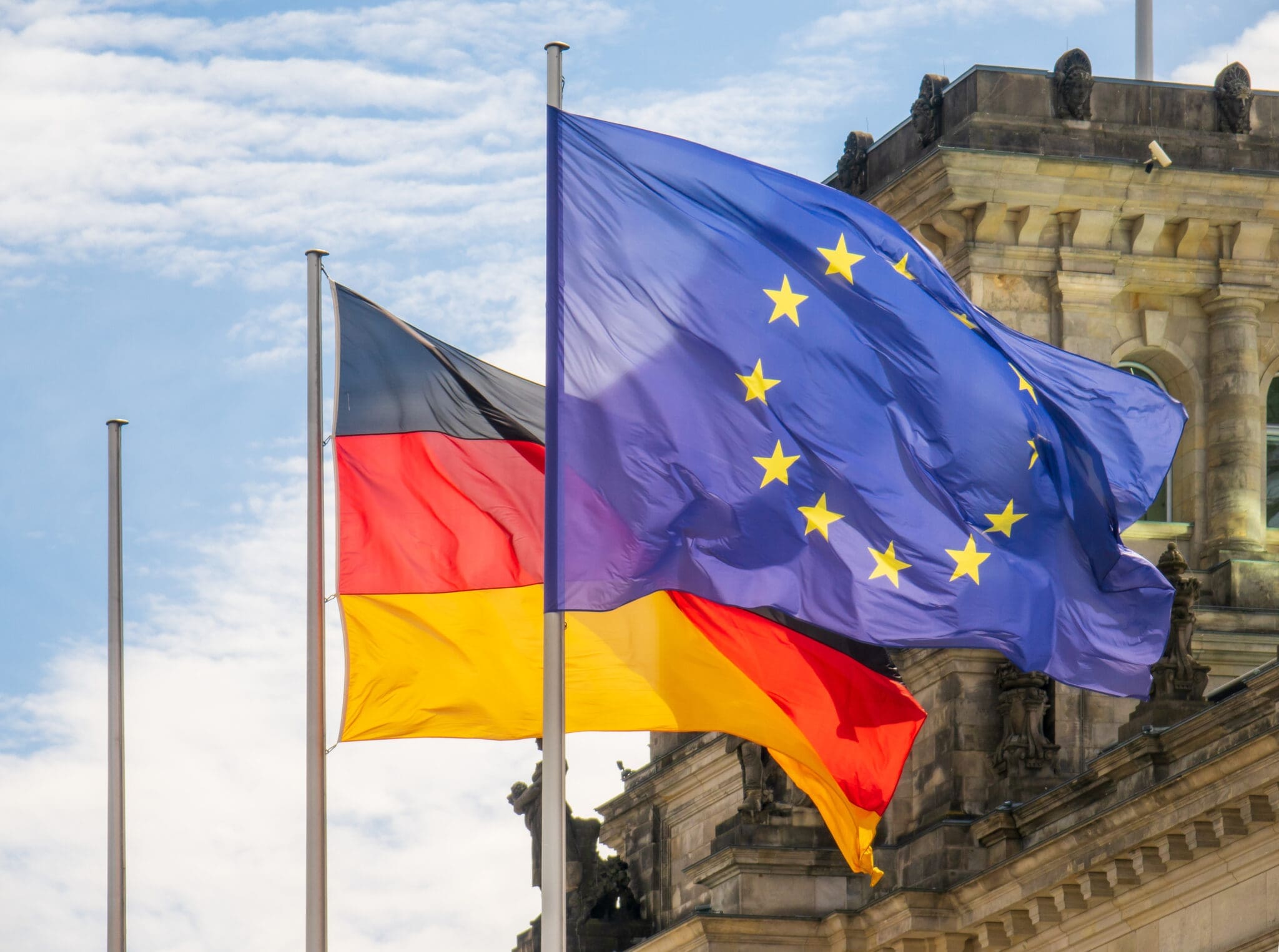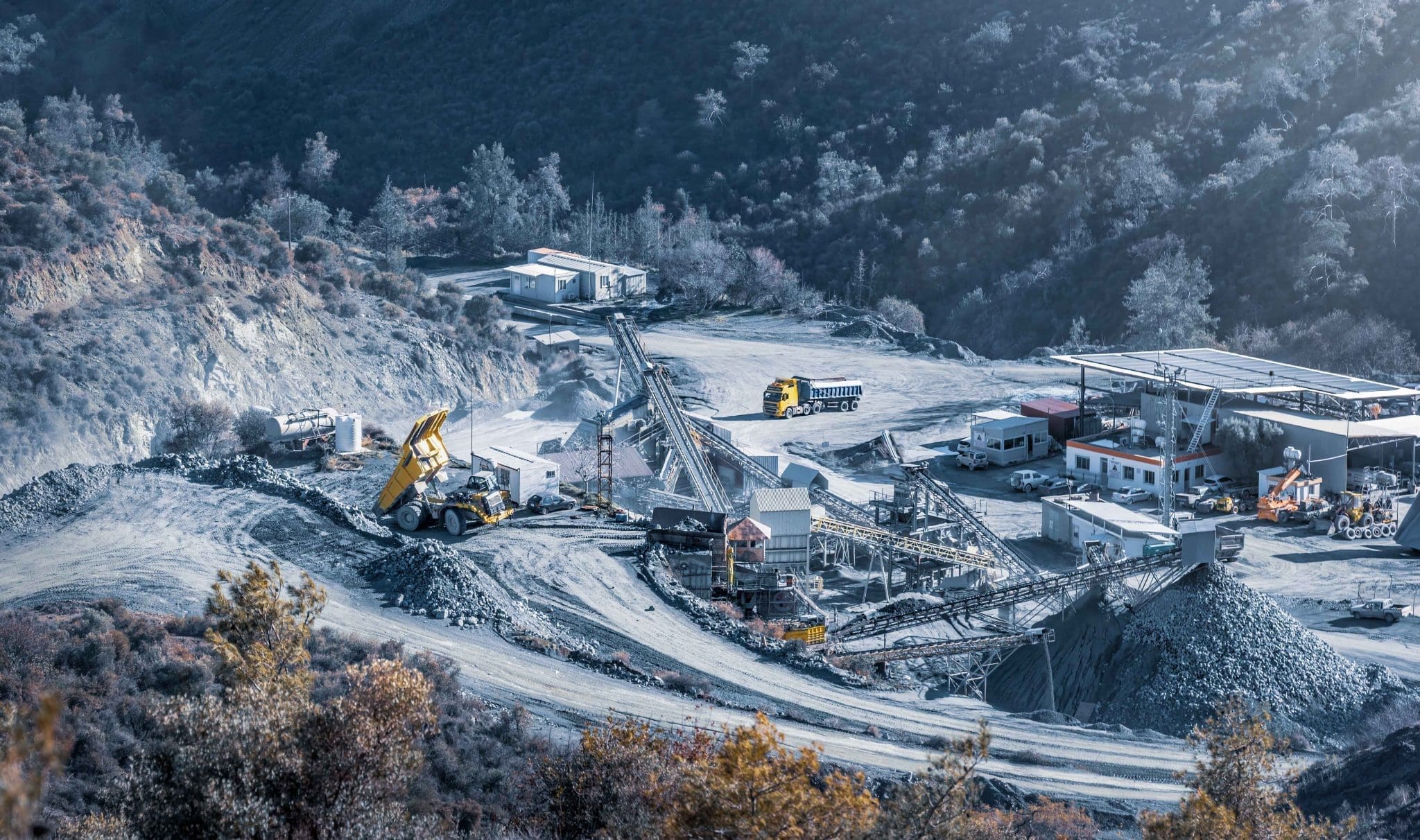As one of the first adopters of European supply chain due diligence legislation with the Lieferkettengesetz (LkSG) Germany has recently unveiled a draft bill for transposing the Corporate Sustainability Reporting Directive into national law. What does that mean for businesses operating in Germany?
The bill is currently under consultation until the 19 April 2024 and will mark a significant milestone in the adoption of standardised sustainability disclosure standards for businesses.
This blog summaries some of the key points and implications.
Key Points:
Scope of Impact: CSRD is poised to affect approximately 14,000 German companies, substantially more than the 4,000 companies believed to be impacted by LkSG and there is considerable overlap between key elements of the frameworks.
Reporting Requirements: Should Germany’s draft bill be approved, companies subject to CSRD reporting obligations will not be required to also report under LkSG. Companies will need to submit their first CRSD reports in 2025.
Climate Change: Following recent changes to the proposed Corporate Sustainability Due Diligence Directive (CSDDD), companies also reporting under CSRD will not be required to develop a separate climate action plan. Changes to CSDDD were significantly influenced by Germany pressure to reduce the compliance burden.
Disclosure Assurance: Unlike some other jurisdictions with similar legislation, Germany will initially entrust the assurance of sustainability disclosures to audit bodies regulated under German legislation, rather than Independent Assurance Service Providers (IASPs).
Expanded Scope: The scope of CRSD reporting will extend to cover subsidiaries located in third countries where a company’s turnover exceeds €150 million.
So What?
Value Chain: Amongst the reporting topics, a company’s value chain will come under increased scrutiny. Companies will be expected to report on emissions linked to aspects of the value chain as well as the impact of operations on workers. To align with principles defined in CSDDD and the LkSG companies will need to continue to demonstrate appropriate levels of due diligence have been carried out.
Climate Change: Whilst mandatory reporting and transparency of greenhouse gas emissions is extremely important, companies will need to continue to work to reduce emissions and align themselves to Science Based Targets.
Assurance: While the German transposition initially assigns responsibility for assurance to statutory audit firms, all Member States have the option to broaden the list of those permitted to carry out assurance by approving Independent Assurance Service Providers such as professional sustainability consultants and audit and certification bodies like Achilles who hold the technical capabilities to assure sustainability-related disclosures.
Company obligations: All other elements of reporting appear to be transposed as outlined within the agreed EU text. CSRD will continue to obligate companies ensure that effective operational processes are in place to assess and identify sustainability-related risks, including those that are hidden in the value chain. That will require companies to not just report on but, also, undertake supply chain due diligence activities in order to meet those reporting requirements.
What Next?
Setting Standards: Following Germany’s lead, other EU Member States are likely to announce their approach to the transposition of CSRD. We expect there to be variations in how the legislation is transposed for a range of factors including existing legislation and market maturity.
Assurance: This year, the ISSA 5000 (International Standard on Sustainability Assurance) will be published, providing a framework for sustainability-related assurance. This will almost certainly be accompanied by complimentary guidance from the EU on IASP requirements.
Changing World: Looking beyond Europe, countries including Canada, the UK, Australia, Brazil, Hong Kong, Japan, New Zealand and China have either introduced, consulted on, or are consulting on their own sustainability-related disclosure frameworks. A shift that reflects the global trend towards greater corporate transparency and accountability on ESG issues.
To learn more about how Achilles can support you with critical elements of your CSRD disclosure or OECD aligned supply chain due diligence, get in touch or request a call back using the form.


